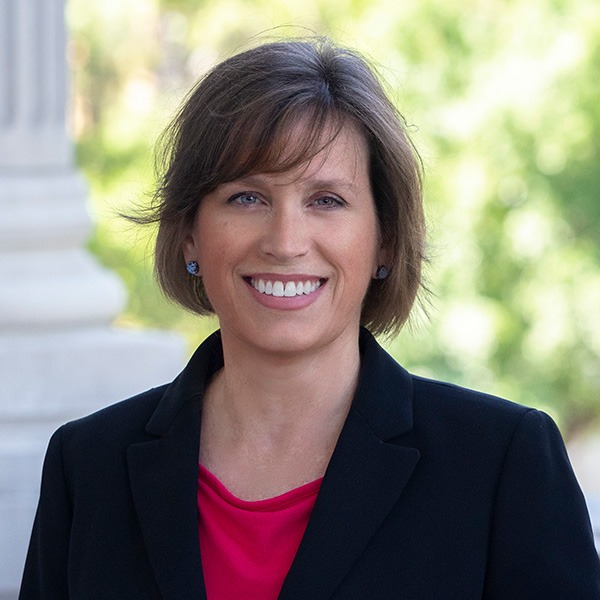Having been licensed to practice law for over 30 years now, I’ve started thinking about what the next chapter of my practice would look like and how to plan for changes down the road. I recently read “From Strength to Strength: Finding Success, Happiness, and Deep Purpose in the Second Half of Life” by Arthur C. Brooks. The title aptly sums up the book.

One section of the book struck a chord with me. It explored the notion that our strengths change as we get older and discussed how we should refocus on those strengths in our professions and in life.
Brooks starts with the obvious: as we age, we all slow down, both physically and mentally. He says, our “fluid intelligence” decreases as we age, but our “crystallized intelligence” increases. What is “fluid intelligence” according to Brooks? It’s our ability to problem solve, think quickly on our feet, or come up with creative solutions. For lawyers, it may be drafting a brief from scratch, making a timely objection in court, making an appellate argument, or juggling a heavy caseload. “Crystalized intelligence,” on the other hand, is that knowledge base you’ve accumulated over the years practicing law – the know-how, how to think like a lawyer, or how to approach a problem. It also may be your knowledge of a particular practice area, the attendant laws and regulations, idiosyncratic local court rules, or familiarity with the judges in your jurisdiction. This kind of knowledge increases as we age, according to Brooks, and we should capitalize on it. For some, that means a focus on teaching or mentoring; for others, it’s a shift from litigation to client counseling, advising, or consulting work; and for others, it is writing a legal treatise or starting a legal blog/podcast. Brooks’ point is, if you define your life by your current profession and expect to keep doing the same thing until you die, you may be disappointed.
I would say, from an ethics perspective, there will come a time when you slow down, and you are not as effective an advocate as you used to be in your practice. For your clients’ sake, it will be important for you to have a plan B, or a second act, even before that time comes. This transition to your “second act” doesn’t mean an end to your identity; instead, it is really an opportunity to focus on your strength — your “crystallized intelligence”– and to determine how you can put that strength to its best use.

